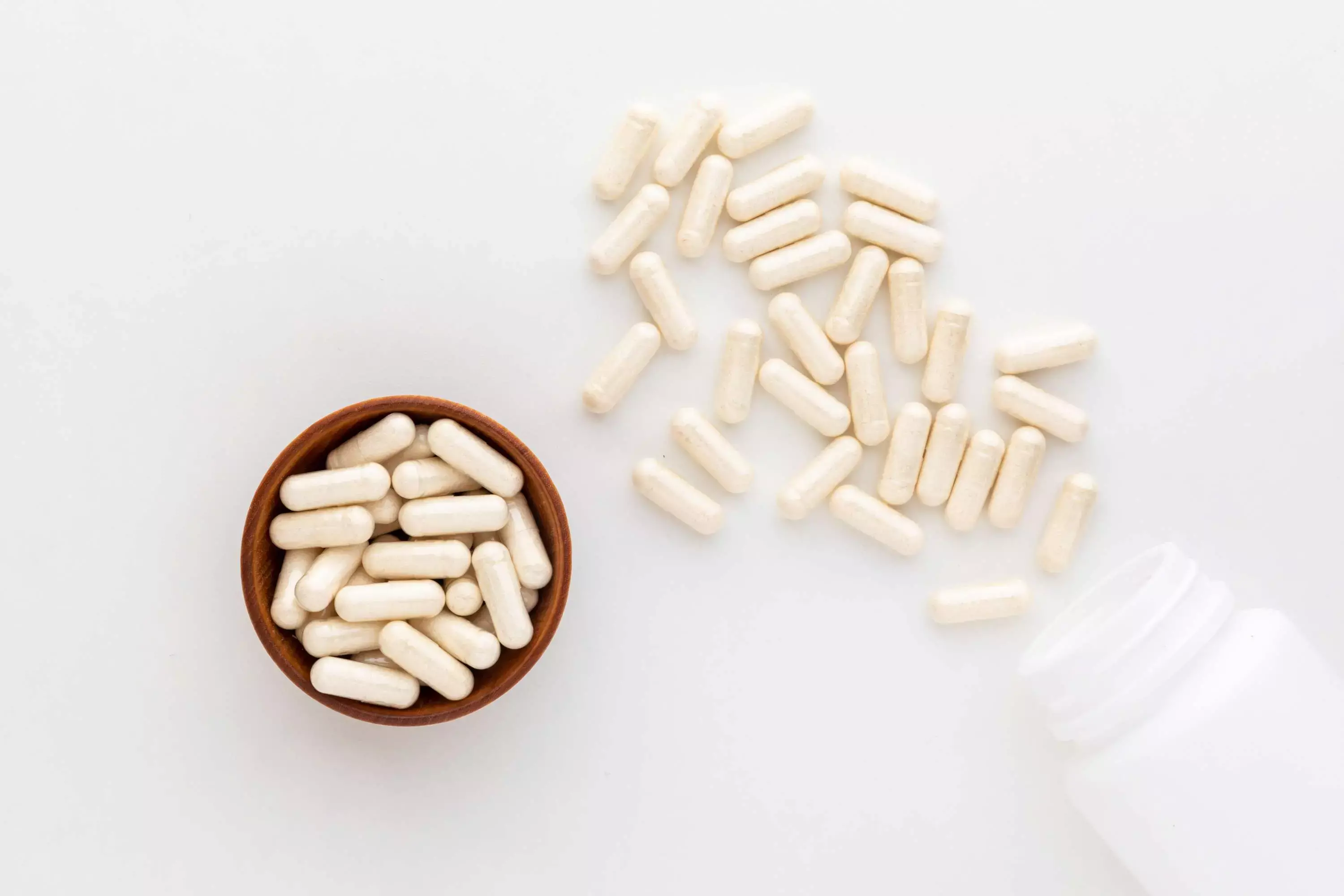- Home
- Medical news & Guidelines
- Anesthesiology
- Cardiology and CTVS
- Critical Care
- Dentistry
- Dermatology
- Diabetes and Endocrinology
- ENT
- Gastroenterology
- Medicine
- Nephrology
- Neurology
- Obstretics-Gynaecology
- Oncology
- Ophthalmology
- Orthopaedics
- Pediatrics-Neonatology
- Psychiatry
- Pulmonology
- Radiology
- Surgery
- Urology
- Laboratory Medicine
- Diet
- Nursing
- Paramedical
- Physiotherapy
- Health news
- Fact Check
- Bone Health Fact Check
- Brain Health Fact Check
- Cancer Related Fact Check
- Child Care Fact Check
- Dental and oral health fact check
- Diabetes and metabolic health fact check
- Diet and Nutrition Fact Check
- Eye and ENT Care Fact Check
- Fitness fact check
- Gut health fact check
- Heart health fact check
- Kidney health fact check
- Medical education fact check
- Men's health fact check
- Respiratory fact check
- Skin and hair care fact check
- Vaccine and Immunization fact check
- Women's health fact check
- AYUSH
- State News
- Andaman and Nicobar Islands
- Andhra Pradesh
- Arunachal Pradesh
- Assam
- Bihar
- Chandigarh
- Chattisgarh
- Dadra and Nagar Haveli
- Daman and Diu
- Delhi
- Goa
- Gujarat
- Haryana
- Himachal Pradesh
- Jammu & Kashmir
- Jharkhand
- Karnataka
- Kerala
- Ladakh
- Lakshadweep
- Madhya Pradesh
- Maharashtra
- Manipur
- Meghalaya
- Mizoram
- Nagaland
- Odisha
- Puducherry
- Punjab
- Rajasthan
- Sikkim
- Tamil Nadu
- Telangana
- Tripura
- Uttar Pradesh
- Uttrakhand
- West Bengal
- Medical Education
- Industry
Oleoylethanolamide supplementation may halt progression of prediabetes to diabetes

Iran: Oleoylethanolamide (OEA) supplementation can be used for controlling pre-diabetes status, a recent study in the journal Diabetology & Metabolic Syndrome has concluded. As, OEA supplementation was shown to improve insulin resistance (IR), the glycemic status, and reduce inflammation in prediabetics.
"The results provide evidence that the introduction of this fatty acid plays an important role in helping pre-diabetes status and preventing the shift to type 2 diabetes," Hossein Khadem Haghighian, Department of Nutrition, School of Health, Qazvin University of Medical Sciences, Qazvin, Iran, and colleagues wrote in their study. "Further studies are however required to provide additional and convincing evidence."
Previous studies have shown the anti-inflammatory properties of cannabinoids. The double-blind randomized clinical trial was conducted with the objective to assess the effect of oleoylethanolamide supplementation on glycemic status, insulin resistance (IR), and inflammatory factors in pre-diabetic individuals.
The trial was performed at Qazvin University of Medical Sciences. In the study, 46 pre-diabetic patients were divided into two equal groups and received one 125 mg OEA capsule in the intervention group (23 subjects) and a 125 mg capsule containing wheat flour in the placebo group daily for 8 weeks.
Demographic information was collected at the beginning and end of the study. Following this, the questionnaires on physical activity, and 24-hour food recall were completed and blood glucose (BG), plasma insulin level, IR, hemoglobin A1c (HbA1c), and C-reactive protein (CRP) were measured. Statistical analysis was also performed using SPSS software.
Salient findings of the study include:
- At the beginning and end of the study, there was no significant difference between the two groups in terms of anthropometric indices, food intake, and physical activity.
- At the end of the study, consumption of OEA significantly reduced BS, insulin, IR, HbA1c, and CRP.
- No significant change was observed in mentioned biochemical factors in the placebo group.
"In patients with prediabetes, 8 weeks of supplementation with oleoylethanolamide at a dose of 125 mg per day was shown to statistically improve the glycemic status and the inflammatory factor" the authors concluded.
Reference:
Pouryousefi, E., Javadi, M., Hashemipour, S. et al. Improved glycemic status, insulin resistance and inflammation after receiving oral oleoylethanolamide supplement in people with prediabetes: a randomized controlled trial. Diabetol Metab Syndr 14, 77 (2022). https://doi.org/10.1186/s13098-022-00848-3
Dr Kamal Kant Kohli-MBBS, DTCD- a chest specialist with more than 30 years of practice and a flair for writing clinical articles, Dr Kamal Kant Kohli joined Medical Dialogues as a Chief Editor of Medical News. Besides writing articles, as an editor, he proofreads and verifies all the medical content published on Medical Dialogues including those coming from journals, studies,medical conferences,guidelines etc. Email: drkohli@medicaldialogues.in. Contact no. 011-43720751


